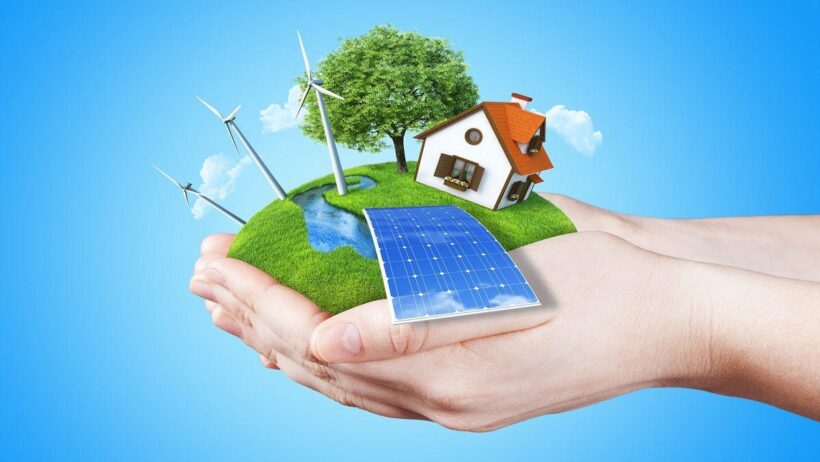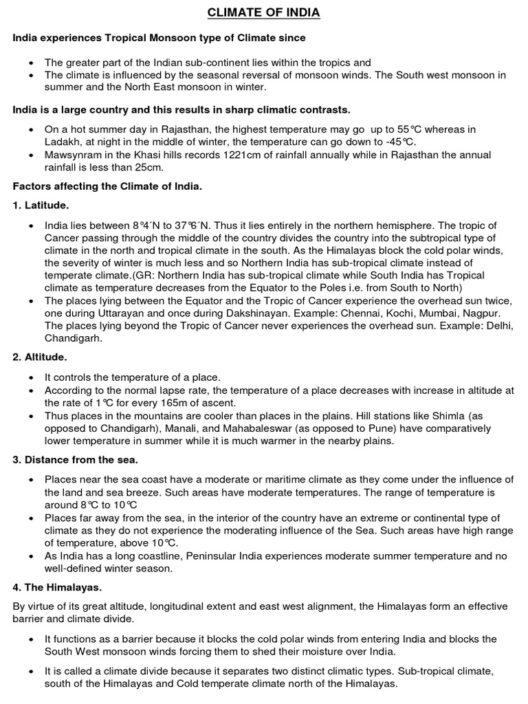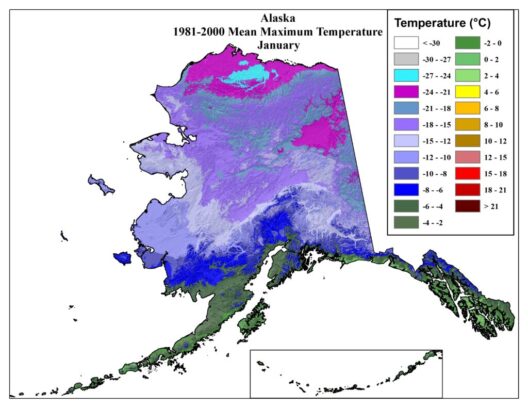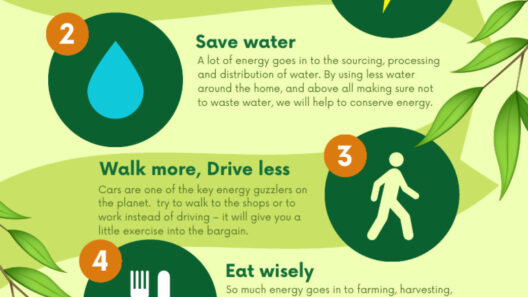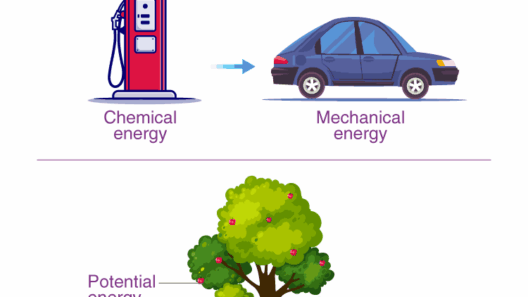Energy conservation is a concept that transcends mere definitions; it is fundamentally woven into the fabric of sustainable living and environmental stewardship. At its core, energy conservation refers to the practice of using less energy by employing more efficient methods, whether through technology, behavior changes, or lifestyle adjustments. It encapsulates a broad array of strategies aimed at reducing energy consumption, minimizing waste, and inspiring a culture of sustainability.
In an era marked by escalating energy demands and ever-worsening climate change, understanding energy conservation becomes not just pertinent, but crucial. One of the most commonly observed phenomena is the stark contrast between energy consumption in affluent nations and developing regions. Industrialized countries tend to consume vast amounts of energy, leading to significant greenhouse gas emissions. In contrast, economically challenged areas often struggle with energy access altogether. This dichotomy evokes deeper questions about equity, environmental justice, and the collective responsibility we have toward each other and our planet.
To appreciate energy conservation fully, it is essential to recognize its multifaceted nature. This includes its economic aspects, which advocate for reduced costs and enhanced energy efficiency. Energy conservation does not only translate to saving cash on utility bills; it also serves a strategic purpose for businesses that seek operational optimization. Companies that adopt energy-efficient technologies often report a symbiotic relationship between reduced energy expenses and improved productivity.
Additionally, the motivation behind energy conservation warrants closer scrutiny. Most commonly, it is driven by environmental concerns. The relentless extraction and burning of fossil fuels contribute significantly to pollution and climate change. A concerted effort toward conserving energy contributes to diminished carbon footprints, affording a dual benefit: safeguarding ecosystems while enhancing human well-being. The palpable connection between energy use and environmental degradation ignites a passionate discourse on energy conservation, as individuals and communities realize that their choices play a crucial role in shaping planetary health.
Moreover, energy conservation also intersects with technological innovation. Advancements in renewable energy sources—such as solar, wind, and hydroelectric power—provide effective avenues for energy generation that do not deplete natural resources. However, even the most efficient renewable technologies require a judicious approach to energy consumption. This brings us back to the importance of energy conservation: it acts as a complementary force to these renewable technologies, amplifying their effectiveness and ensuring that they can ultimately replace more harmful energy sources.
Everyday actions embody energy conservation principles. Simple steps like turning off appliances when not in use, utilizing energy-efficient lighting, and optimizing heating and cooling systems can collectively result in substantial energy savings. Behavioral strategies such as combining errands into one trip, reducing water heating temperatures, and minimizing reliance on cars also contribute to more significant outcomes. On a larger scale, public policies promoting energy efficiency in buildings and infrastructure can transform urban landscapes and elevate societal practices toward conservation.
However, energy conservation isn’t solely the purview of individual actors. Collective initiatives that bring communities together can result in robust conservation efforts. Neighborhood groups and local organizations that advocate for energy-efficient practices bolster a sense of community responsibility. The communal experience not only engenders a sense of belonging but also serves as a catalyst for wider societal changes, promoting energy conservation as a shared community value.
An additional layer to energy conservation involves the consideration of social and cultural contexts. Different communities have distinct perspectives on energy use shaped by culture, history, and resources. Some societies may view energy conservation as a normative practice deeply embedded in tradition, while others may regard it as an imposition, resisting behavioral changes due to discomfort or lack of awareness. Hence, a culturally sensitive approach is essential for promoting energy conservation, emphasizing dialogue and understanding to bridge gaps in perception and practice.
The economic and political dimensions of energy conservation cannot be ignored either. Policymakers play a significant role in facilitating environments that nurture energy-efficient practices. Incentives, tax rebates, and subsidies can spur businesses and individuals into making energy-efficient choices. Conversely, regulatory measures can instigate compliance and reinforce the importance of adopting energy conservation practices, especially as global energy demand continues to rise.
In summary, the best definition of energy conservation transcends a superficial understanding of merely ‘using less energy.’ It encompasses a broad, intricate web of strategies, behaviors, and policies that collectively contribute to a sustainable future. The fascination surrounding this topic lies in its multifaceted impact touching upon economics, technology, environmental stewardship, and social equity. Embracing energy conservation is not merely an individual endeavor; it represents a collective, societal commitment to safeguarding precious resources for future generations. Engaging with this principle invites everyone to reexamine their relationship with energy and consider the myriad ways in which their choices shape the world. By adopting a holistic approach, communities can mitigate some of the most pressing challenges of our time, ensuring a balance between human needs and the health of our planet.



